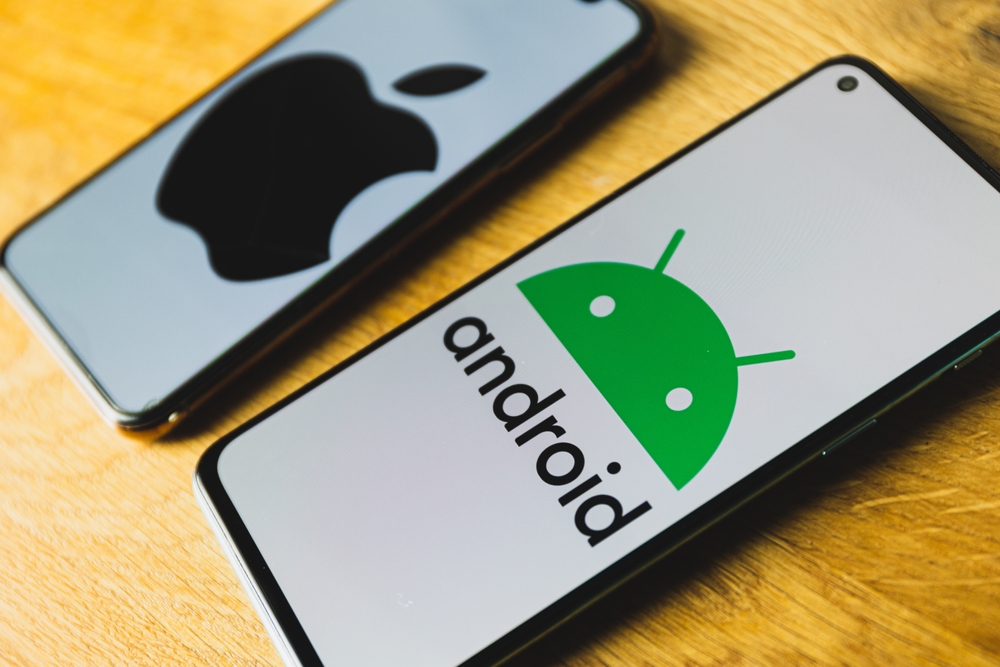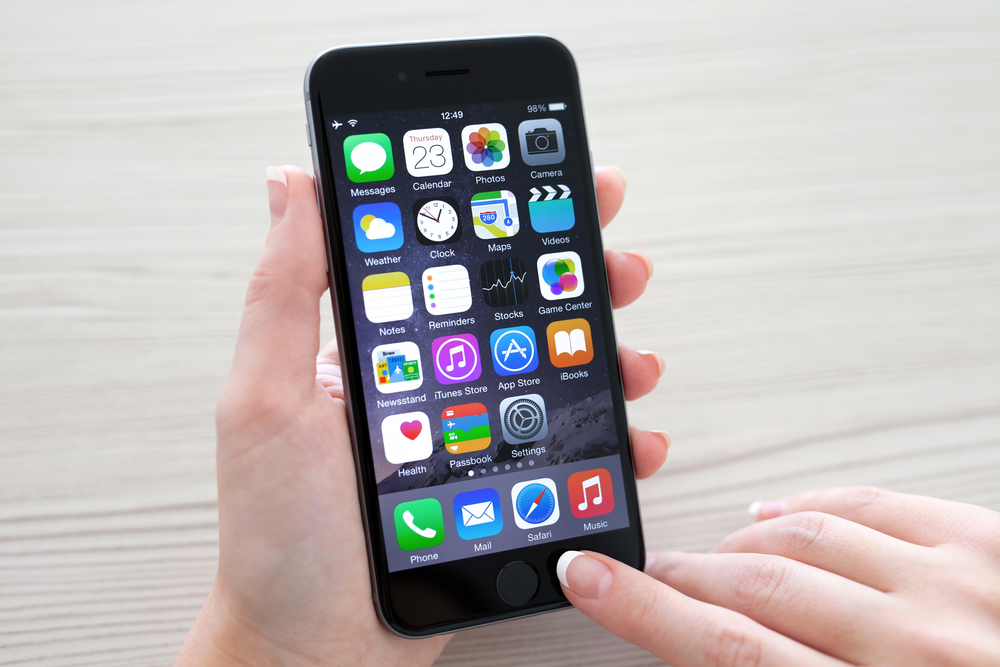
Mastering Mobile App Marketing: Tips and Tricks for Effective Promotion

In today's digital age, mobile apps have become an integral part of our lives. Whether we need assistance with daily tasks, entertainment, or communication, there's a mobile app for almost everything. With millions of apps available in various app stores, it has become crucial for app developers to have a solid marketing strategy to stand out from the competition. In this article, we will explore some tips and tricks for effective mobile app promotion.
1. Define Your Target AudienceThe first step in mastering mobile App Store or Google Play app marketing is to clearly define your target audience. By understanding who your potential users are, you can tailor your marketing efforts and messages accordingly. Conduct market research to identify the demographics, preferences, and behaviors of your target audience. This will help you create targeted ads and promotional materials that resonate with your potential users.
2. Optimize Your App Store Listing
The app stores are the primary platforms for users to discover and download mobile iOS or Android app s. Therefore, optimizing your app store listing is crucial for visibility and downloads. Start by optimizing your app's title and description using relevant keywords. Conduct keyword research to understand the terms users are searching for and incorporate them naturally into your content. Additionally, use high-quality screenshots and videos to showcase your app's features and benefits.
3. Leverage App Store Optimization (ASO)
Similar to search engine optimization (SEO) for websites, app store optimization (ASO) is the process of improving your app's visibility in the app stores' search results. This can be achieved by optimizing various elements, including the app's title, description, keywords, and reviews. By incorporating relevant keywords and garnering positive reviews, your app is more likely to rank higher in search results, increasing its visibility and organic downloads.
4. Implement a Social Media Strategy
Social media platforms provide an excellent opportunity to engage with your target audience, raise awareness about your mobile Google Play or App Store app , and drive downloads. Create accounts on popular social media platforms such as Facebook, Twitter, Instagram, and LinkedIn, and share compelling content related to your app. Use creative visuals, videos, and infographics to capture users' attention and drive them to download your app. Consider collaborating with influencers in your industry to expand your reach and tap into their established audience.
5. Run Paid Advertising Campaigns
While organic marketing efforts are valuable, running paid advertising campaigns can significantly amplify your app's visibility and downloads. Platforms such as Google Ads and social media ads allow you to target specific demographics, interests, and locations, ensuring your ads reach the right audience. Set a clear budget for your campaigns, monitor their performance regularly, and make improvements based on the data you gather. Experiment with different ad formats, such as display ads, video ads, or app install ads, to optimize your results.
6. Offer Incentives for Referrals and Reviews
Word-of-mouth is a powerful marketing tool, especially in the mobile Android or iOS app industry. Encourage your existing users to refer your app to their friends and family by offering incentives such as discounts, in-app rewards, or exclusive features. Additionally, prompt users to leave positive reviews on the app stores, as they play a crucial role in boosting your app's credibility and attracting new users. Respond to user reviews promptly and address any concerns or issues they may have, showcasing your commitment to customer satisfaction.
7. Collaborate with Influencers and Bloggers
Influencer marketing has gained significant traction in recent years and for a good reason. Partnering with influencers and bloggers in your industry can help increase brand awareness and generate buzz around your mobile app. Look for influencers who align with your target audience and have a genuine interest in your app. They can create engaging content, review your app, or host giveaways, leading to increased exposure and downloads.
8. Utilize Email Marketing
Email marketing remains one of the most effective ways to engage with your app's users and nurture relationships. Collect email addresses through various touchpoints, such as your app's landing page or during the registration process. Send personalized emails with relevant content, such as new features, updates, or exclusive offers. Segment your email list based on user preferences and behaviors to deliver more targeted messages. Encourage users to engage with your app through calls-to-action within your emails.
Frequently Asked Questions:
Q1. How long does it take to see results from mobile app marketing efforts?A1. The time it takes to see results from mobile app marketing efforts can vary. It depends on several factors, including the competitiveness of your app's niche, the effectiveness of your marketing strategies, and the quality of your app itself. Generally, it takes consistent and sustained marketing efforts over a period of weeks or months to start seeing significant results.
Q2. Is ASO more important than paid advertising for mobile app promotion?
A2. Both app store optimization (ASO) and paid advertising play crucial roles in mobile app promotion. ASO is essential for organic visibility and downloads, while paid advertising allows you to reach a wider audience quickly. A combination of both strategies is often recommended for optimal results.
Q3. How do I measure the success of my mobile app marketing campaigns?
A3. To measure the success of your mobile app marketing campaigns, you can track various metrics such as the number of downloads, active users, app store rankings, user engagement, and conversion rates. Use analytics tools provided by app stores or third-party platforms to gain insights into your app's performance and make data-driven decisions.
Q4. How often should I update my mobile app's marketing materials?
A4. It is essential to keep your mobile app's marketing materials, including app store listings, social media content, and website, up to date. Regularly review and update your materials to reflect the latest features, updates, or offers. This ensures that potential users are receiving accurate and relevant information about your app.
Q5. What are some cost-effective mobile app marketing strategies?
A5. While paid advertising is effective, there are also several cost-effective mobile app marketing strategies. These include leveraging social media platforms and influencer collaborations, utilizing ASO techniques, engaging with your app's user community, and implementing email marketing campaigns. These strategies can have a significant impact on your app's visibility and downloads without breaking the bank.
In conclusion, mastering mobile app marketing requires a combination of multiple strategies, consistent efforts, and constant adaptation to the ever-evolving app market. By defining your target audience, optimizing your app store listing, utilizing social media and influencer collaborations, running paid advertising campaigns, offering incentives, and implementing email marketing, you can effectively promote your mobile app and increase its visibility, downloads, and success. Remember, marketing is an ongoing process, so continue to evaluate and refine your strategies to stay ahead in this competitive industry.
Other useful resources
- https://en.wikipedia.org/wiki/App_store
- https://www.appguru24.com/apps-directory/ios/
- https://en.wikipedia.org/wiki/Mobile_app_development
- https://www.appguru24.com/topics/ios-and-android-mobile-app-promotion-tips/